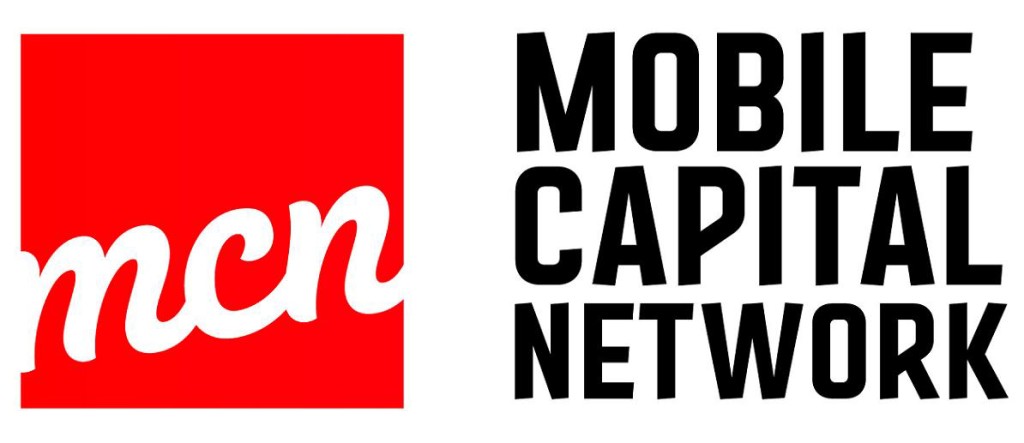On February 6, 2011, the Globe and Mail published an article entitled, “Dubious claims diminish R&D tax credit”. As is evident form its title, the article talks about abuse of SR&ED program and calls for action. In particular, the author, points to a “flood of dubious claims” that “is bogging down an already complex and unpredictable application process.”
Unfortunately, the abuse of the program is a sad reality. We have seen it both from a consultant as well as from a claimant side. The CRA is acknowledging the problem and is contemplating various measures to counter them. The SR&ED program is fundamental to keeping highly skilled technologists in Canada, and it would be a grave political mistake to scrap it. Therefore the CRA’s response to the problem will likely come in a form of further enforcing compliance aspects of the program and subjecting more SR&ED claims to greater scrutiny. It is also likely that unscrupulous claimants and service providers will be singled out rather sooner than later; the CRA requires that the name of the preparer appear on the claim so it shouldn’t take long before “dubious” claims are traced back to their creators. We applaud the suggestion that the CRA introduce fines for claimants who withdraw claims at the slightest hint of a review. We would go further and propose that these fines be extended to the consultants who file these claims. If a claim is not defensible, it should not be submitted, and having the CRA to process these claims is a gross waste of taxpayers’ money.
In the article, Mr. McKenna also goes on to criticize the contingency fees charged by consultants. The “30 per cent” fee quoted by Mr. McKenna is definitely a high fee, and we believe that this is much higher than the industry norm. That being said, doing SR&ED “in house” or hiring an outside consultant is a “make or buy” decision and should be made like any other decision of this kind. It is really up to the client to judge whether the value they get from consultants is worth the fees, and it is up to the client to ensure that the consultant they hire is not a sham.
Here are some tips that will help you avoid disappointments when hiring a consultant:
- Make sure your consultant has relevant experience in your industry. Ensure that the consultant can provide you with general industry insight in addition to anything else they have to offer.
- Check if your consultant provides ongoing service to ensure that the compliance (i.e. documentation) requirements of the CRA with respect to SR&ED are being met.
- Check if your consultant provides educational support, enabling your staff to become better educated regarding SR&ED.
- Avoid consultants who guarantee that they can increase the size of your claim before they review the work you conduct and see your expenditures. Claims are based on specific criteria, and a consultant cannot judge whether there is something eligible unless they review the work.
- Insist on asking for references. In particular, ask for references including clients whose SR&ED claims have been reviewed by the CRA. Avoid consultants who purport to have an ‘inside track’ with the CRA. Anyone who claims to have more than a professional relationship with CRA reviewers may be engaged in behavior that can be considered a conflict of interest at the very least.
- Insist on a cancellation clause within your agreement with the consultant. If at anytime you feel uncomfortable with the work your consultants are conducting, you should be able to get out of the contract with minimal or no cost.
For more information regarding Mobile Capital network and how we can assist your organization in completing an SR&ED claim, please contact us.

